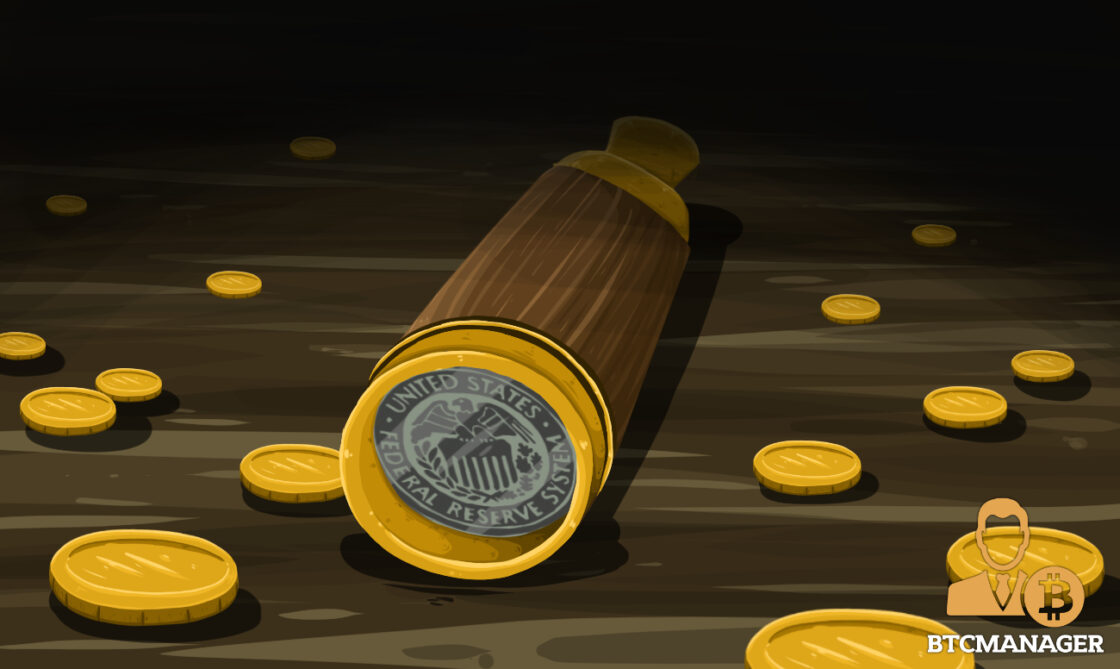PALO ALTO, Calif. (Reuters) - The Federal Reserve is taking a look at a what is fedcoin broad variety of problems around digital payments and currencies, consisting of policy, style and legal considerations around potentially providing its own digital currency, Guv Lael Brainard said on Wednesday. Brainard's remarks suggest more openness to the possibility of a Fed-issued digital coin than in the past." By transforming payments, digitalization has the potential to provide higher worth and benefit at lower expense," Brainard said at a conference on payments at the Stanford Graduate School of Service.
Main banks worldwide are disputing how to handle digital financing technology and the distributed ledger systems used by bitcoin, which promises near-instantaneous payment at potentially low expense. The Fed is developing its own day-and-night real-time payments and settlement service and is presently reviewing 200 comment letters submitted late in 2015 about the suggested service's design and scope, Brainard said.

Less than 2 years ago Brainard told a conference in San Francisco that there is "no compelling demonstrated requirement" for such a coin. But that was before the scope of Facebook's digital currency aspirations were widely known. Fed officials, including Brainard, have raised issues about customer protections and data and personal privacy threats that could be postured by a currency that might enter into usage by the 3rd of the world's population that have Facebook accounts.
" We are teaming up with other reserve banks as we advance our understanding of main bank digital currencies," she stated. With more nations looking into releasing Great site their own digital currencies, Brainard stated, that adds to "a set of factors to also be making sure that we are that frontier of both research study and policy development." In the United States, Brainard said, issues that require study consist of whether a digital currency would make the payments system much safer or simpler, and whether it could pose monetary stability dangers, consisting of the possibility of bank runs if cash can be turned "with a single swipe" into the reserve bank's digital currency.
To counter the monetary damage from America's unmatched nationwide lockdown, the Federal Reserve has Find more info taken unmatched steps, consisting of flooding the economy with dollars and investing directly in the economy. The majority of these moves received grudging acceptance even from lots of Fed doubters, as they saw this stimulus as required and something just the Fed could do.
My brand-new CEI report, "Government-Run Payment Systems Are Risky at Any Speed: The Case Against Fedcoin and FedNow," information the threats of the Fed's current plans for its FedNow real-time payment system, and proposals for central bank-issued cryptocurrency that have been dubbed Fedcoin or the "digital dollar." In my report, I talk about concerns about personal privacy, information security, currency manipulation, and crowding out private-sector competition and development.
Supporters of FedNow and Fedcoin state the federal government should develop a system for payments to deposit immediately, rather than encourage such systems in the personal sector by lifting regulative barriers. But as kept in mind in the paper, the private sector is providing a seemingly limitless supply of payment technologies and digital currencies to resolve the problemto the level it is a problemof the time space between when a payment is sent and when it is received in a savings account.
And the examples of private-sector innovation in this area are numerous. The Clearing Home, a bank-held cooperative that has been routing interbank payments in various forms for more than 150 years, has actually been clearing real-time payments given that 2017. By the end of 2018 it was covering 50 percent of the deposit base in the U.S.